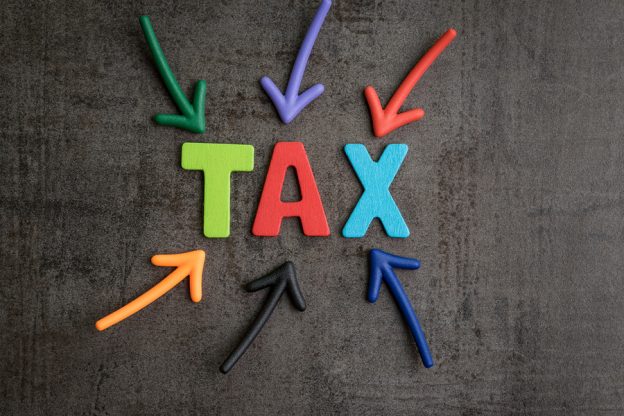
According to recent figures, double the amount of people called HMRC’s tax evasion hotline this year. That’s 40,000 more calls than last year. This phone line is specifically for members of the public to report people they suspect are not paying their taxes.
Why are there so many more calls?
It is likely that the increased call volume is because two HMRC hotlines have been combined into one number. Tax evasion and customs fraud used to have separate phone numbers for people to report their suspicions. They are now merged into one number, which accounts for the seemingly huge increase in those reporting suspected tax cheats. There are no figures available to show the breakdown between the number of calls that concern tax evasion and customs fraud.
HMRC also invested in a strong advertising campaign to boost the profile of this new combined informant hotline.
Did you know that some informants are paid by HMRC?
HMRC do pay some informants for their information. Around £2.2m has been paid out since the 2013-14 tax year. In the 2017-18 tax year there has been a 23% reduction in the average figure to £343,500.
Not everyone that makes a report gets money from HMRC. The amount of reward depends on how actionable the information actually is and the overall success of the investigation. A number of factors are taken into consideration, including: how much tax is recouped from the tax evader, how much loss of future revenue is avoided and how much time the information has saved the investigation team.
HMRC’s investigations into tax evasion, avoidance and errors put £30.3bn back into the public purse last year. They say that information from members of the general public is an important part of this recovered amount.
Do informers get updates about the progress of the case?
HMRC are very clear that no information is given to whistleblowers about the progress of the case they reported. Whilst this may be somewhat frustrating, it is necessary to ensure proper application of the legal process. It works both ways though, with HMRC also being very clear about not identifying their confidential sources.
HMRC advice to informers
HMRC are very clear that no one should try and discover any more information about someone they suspect of tax avoidance. Any investigation should only be carried out by HMRC. They give examples of what tax avoidance might look like on their reporting page:
- not telling HMRC about tax they owe (for example on business profits)
- keeping business off the books by dealing in cash and not giving receipts
- hiding money, shares or other assets in an offshore bank account (offshore tax evasion)
They are keen for people with relevant information to get in touch by phone, post or via their online form. You do have to give your own details when using the online form and, if you are hoping for a reward for the information, you cannot be anonymous using any of the reporting means.







